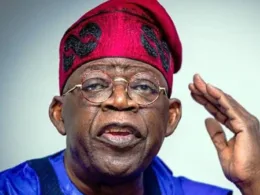The Nigerian Government has announced a suspension of foreign training programs for scholars, redirecting resources to strengthen local educational initiatives.
The Minister of Education, Olatunji Alausa, revealed this policy shift at a three-day British Council conference in Abuja themed “Building Sustainable and Relevant Tertiary Institutions and Systems in Africa.”
Alausa highlighted the financial inefficiency of foreign training programs, explaining that the funds used to train a single scholar abroad could be repurposed to train 20 individuals locally. He affirmed that this redirection of resources would support the development of simulation labs and universities across the nation.
Alausa announced plans to increase investments in university research and welfare for academic and non-academic staff. He emphasized the importance of education as a tool for youth empowerment, stating that the government intends to cover tuition fees for young Nigerians in technical schools.
This initiative includes providing practical training through master craftspeople and granting entrepreneurial support upon graduation, aiming to develop a workforce that meets the demands of the economy.
At the conference, the British High Commissioner to Nigeria, Dr. Richard Montgomery, stressed the urgency of building sustainable tertiary institutions to prepare Africa’s youth for future challenges. He noted the continent’s projected population growth to 2.5 billion by 2050 and highlighted the importance of strong educational systems in harnessing this demographic potential.
UK Prime Minister’s International Education Champion, Sir Steve Smith, echoed this sentiment, emphasizing equitable partnerships between Nigerian and UK institutions to advance education as a tool for socio-economic transformation.
The decision mirrors recent trends within the educational sector, including the Tertiary Education Trust Fund’s halt on foreign scholarships due to escalating costs and cases of scholars abandoning their obligations.










Join our Channel...